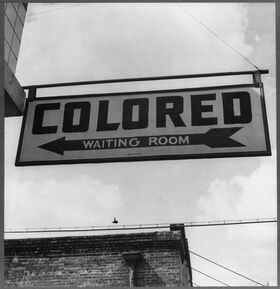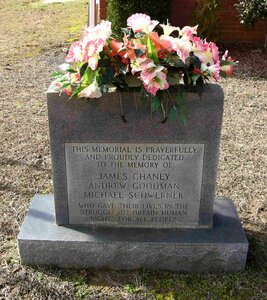BOOK CLUB GUIDE
Discuss Mississippi Reckoning with the author
at your Book Club meeting
Mitchell is available via Zoom for Book Club meetings.
Write to [email protected] .
|
The following discussion points are intended for people who have already read Mississippi Reckoning, and may include spoilers! You may want to wait until you have finished the novel before looking at this section.
If you have finished reading the novel and feel it was a positive experience, I would love to hear from you. I would also appreciate it if you would share your response to the book by posting a comment on Facebook or Twitter, and by taking the time to post a short review on Amazon or elsewhere. If you wish to do so, here is the link to Amazon's review page. Thank you.
|



